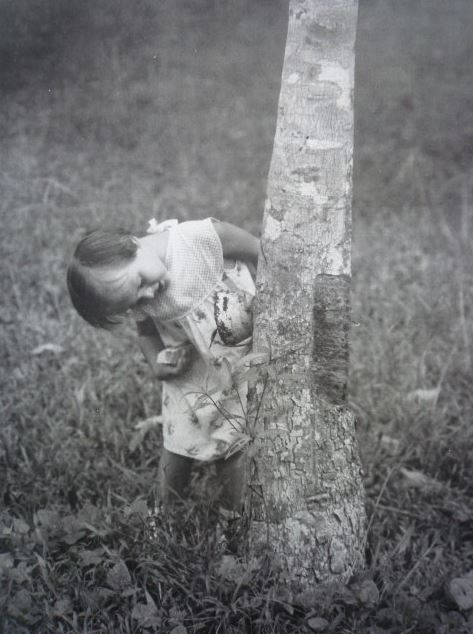Cambridge-on-Sea
 |
| Alexander McCall |
An old woman lived by herself. She was frail and had
survived all her friends. They were now nothing more than ghosts carried in on
the breeze of her memories. A gull flew past her open window that looked out
onto blue sky; it screeched its deathly warning.
A faraway whisper slipped in through that open window and danced
gently around the old woman’s ears. Come to me, said the sea. Come to me.
But in that moment, the old woman felt too weak to move from
her chair, and her crocheted blanket was thin, barely covering her knees, and
tiredness seeped into her aching bones and she snored gently as her chin lolled
onto her chest.
And, in her mind’s eye, was a scene of a young woman out in
the windy, green-brown flatlands of the Fens. It was clear as day, as if it
were her that’d been there. She saw the young woman’s brown curly hair whip her
cheeks rosy pink.
The young woman could barely see a thing through her bright
blue eyes for all that hair, but she strode on in defiance at the elements as
they tried to stop her. Unsuitable shoes sank into the squelchy bog as she
hopped comically on one foot and then the other, legs up and down in an
exaggerated march. Laughing louder and louder into the wind like a mad thing.
The elements had met their match, for she too was a strong force of nature.
And there again was the whisper of the sea: come to me, come
to me.
Gulls soared above the young woman’s head, high and hovering
as if someone was dangling them on pieces of string, like a puppet, or a baby’s
mobile over a cot. And the young woman felt small and insignificant, and the
scene felt unreal, like a play on a stage, everything placed just so for a
reason.
The gull cawed loud and long. The sound clashed with the
sudden chiming of a church clock striking two in the afternoon and the frail
old woman jolted from her slumber as a mumble tumbled from her lips with the
tiniest sliver of spittle.
She raised her weary head to look up at the sky through the
open window. In the distance, the wind turbines span rhythmically, as they had
always done, for many years. And today, she could hear them gently whoomphing
with each rotation. It used to be that it was blotted out by cars and planes
zooming by, or the rattling of train carriages, she thought. But now it’s gulls
and other birds that have returned after a long absence, reclaiming their space
in the trees we planted everywhere we could. And the voices of children who
skip and laugh and play in the streets, like I did as a child, but that was
lost to some generations between then and now.
I never thought I’d see that come to pass. Or hoverboards
for that matter, zipping gently by, dodging neatly around people and things
with a tilt of the body and foot, one way and then the other. Electric-powered
hot air balloons, for the more opulent, for nostalgia’s sake, for flights of
fancy. Cable cars, and highspeed metro to whizz you into town and countryside
for the rest of us, under the parks and gardens that dominate the centres, all
the houses with rooftop gardens, and food growing up their walls, fresh to pick
for everyone and anyone.
Sometimes, thought the frail old woman, I have to pinch
myself to make sure I’m not dreaming. Not too hard, because it hurts. And there
it was again, the whisper of the sea on the breeze. Come to me, said the sea,
come to me.
Trance-like, the frail old woman gripped the arms of her
chair and thrust herself up with a hidden strength, the creak of her bones
audible if there had been anyone to hear them; the crocheted blanket slipping
from her knees to the floor. She opened the door and was instantly bathed in
brilliant light and a cool breeze that swept her grey-white hair back from her rosy
cheeks. She closed her eyes and took in the deepest breath she could manage,
deep into her lungs and the corners of her now thin-lipped mouth turned
skyward.
Come to me, said the sea, come to me.
The gulls cawed overhead once more.
The frail old woman breathed in once more and as she
exhaled, she opened her eyes. They were bright blue and dancing and twinkling
like they always had, reflecting the world back at itself. For there was a
reason they were bluer now than ever before.
But you have come to me, my sea, you have come to me.
Simone Chalkley



Comments
Post a Comment